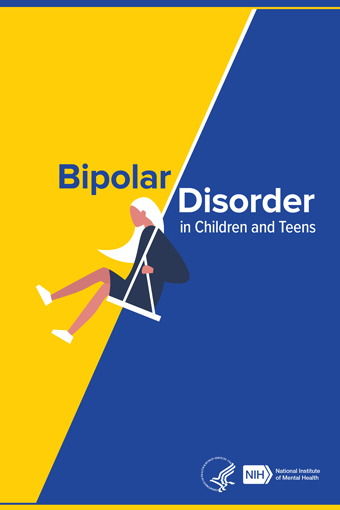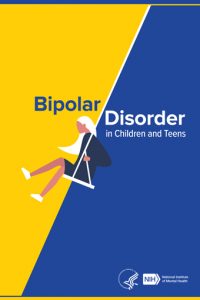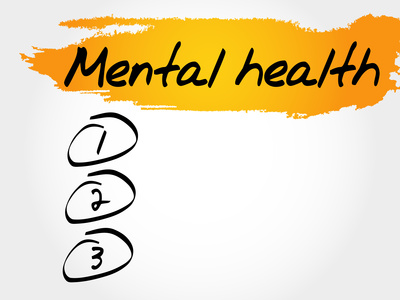 It’s not unusual for young people to experience “the blues” or feel “down in the dumps” occasionally. Adolescence is always an unsettling time, with the many physical, emotional, psychological and social changes that accompany this stage of life.
It’s not unusual for young people to experience “the blues” or feel “down in the dumps” occasionally. Adolescence is always an unsettling time, with the many physical, emotional, psychological and social changes that accompany this stage of life.
Unrealistic academic, social, or family expectations can create a strong sense of rejection and can lead to deep disappointment. When things go wrong at school or at home, teens often overreact. Many young people feel that life is not fair or that things “never go their way.” They feel “stressed out” and confused. To make matters worse, teens are bombarded by conflicting messages from parents, friends and society. Read more ›
 Since 1963, Learning Disabilities Association of America (LDA) has provided information on learning disabilities, practical solutions, and a network of resources to support individuals with learning disabilities, their parents, teachers and other professionals. Read more ›
Since 1963, Learning Disabilities Association of America (LDA) has provided information on learning disabilities, practical solutions, and a network of resources to support individuals with learning disabilities, their parents, teachers and other professionals. Read more ›



 Trying to tell the difference between what expected behaviors are and what might be the signs of a mental illness isn’t always easy. There’s no easy test that can let someone know if there is mental illness or if actions and thoughts might be typical behaviors of a person or the result of a physical illness.
Trying to tell the difference between what expected behaviors are and what might be the signs of a mental illness isn’t always easy. There’s no easy test that can let someone know if there is mental illness or if actions and thoughts might be typical behaviors of a person or the result of a physical illness.
 Does your child go through extreme changes in mood and behavior? Does your child get much more excited or much more irritable than other kids? Do you notice that your child goes through cycles of extreme highs and lows more often than other children? Do these mood changes affect how your child acts at school or at home?
Does your child go through extreme changes in mood and behavior? Does your child get much more excited or much more irritable than other kids? Do you notice that your child goes through cycles of extreme highs and lows more often than other children? Do these mood changes affect how your child acts at school or at home? 
 Nadia Ghaffari founded
Nadia Ghaffari founded 
 Suicides affect millions every year, and the
Suicides affect millions every year, and the 
 It’s not unusual for young people to experience “the blues” or feel “down in the dumps” occasionally. Adolescence is always an unsettling time, with the many physical, emotional, psychological and social changes that accompany this stage of life.
It’s not unusual for young people to experience “the blues” or feel “down in the dumps” occasionally. Adolescence is always an unsettling time, with the many physical, emotional, psychological and social changes that accompany this stage of life.

 Established in October 2000, Australia-based mental health website
Established in October 2000, Australia-based mental health website 

